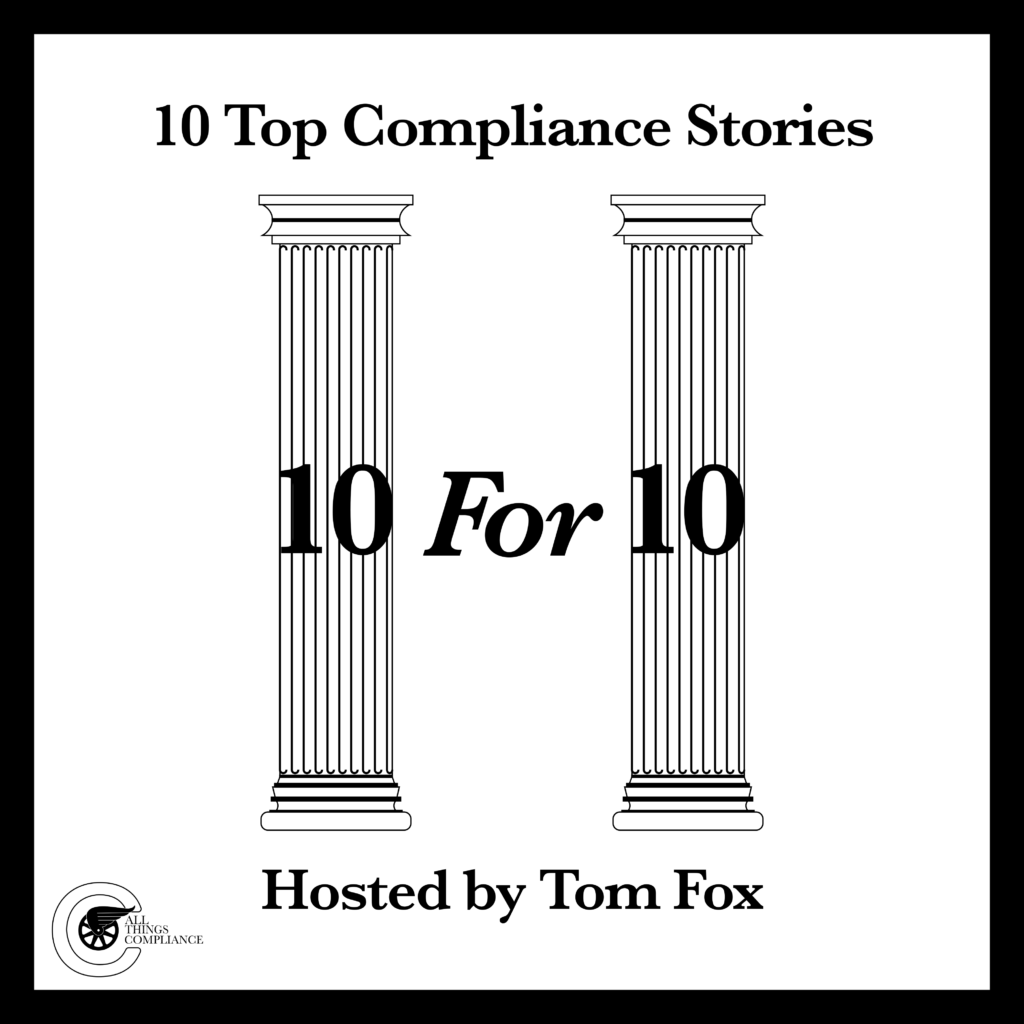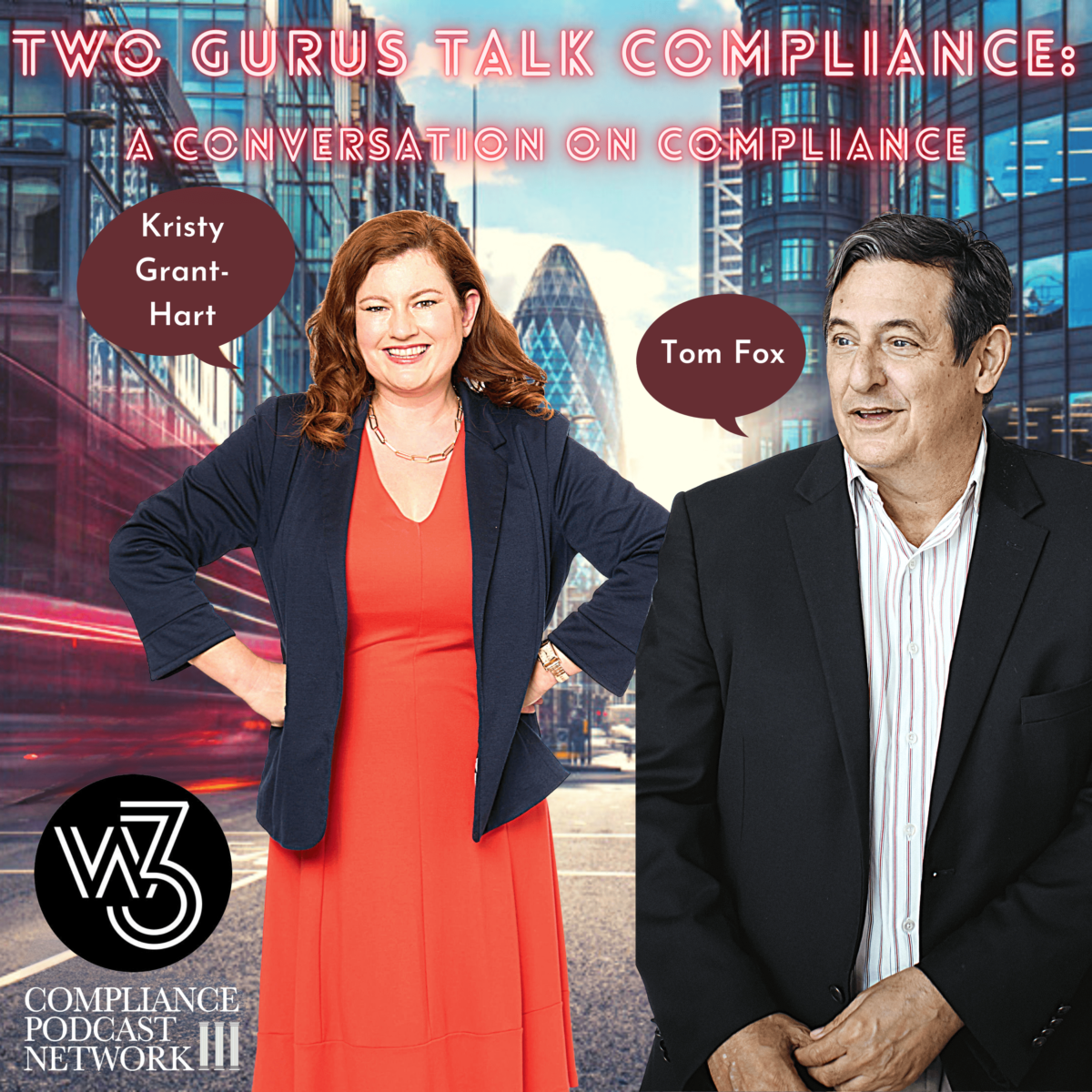We recently had a Foreign Corrupt Practices Act (FCPA) enforcement action that reminded me that everything old is new again in anti-corruption compliance. The Securities and Exchange Commission (SEC) FCPA enforcement action involving Deere has bribery schemes that were torn literally from the first decade of the 21st century as they involved gifts, travel, and entertainment. In other words, it was about a low set of hanging fruit that any compliance officer would see. Today, I continue a multipart look at the case and see what lessons the enforcement action can provide to the 2024 compliance professional.
John Deere, a global leader in agricultural machinery manufacturing, became the focus of an FCPA enforcement action due to its acquisition of a foreign entity with significant operations in countries with high corruption risks. The acquired company had little in the way of a formal compliance program and had been engaging in questionable business practices, including bribing foreign officials to secure contracts.
Post-acquisition, these corrupt practices continued for a period, undetected by Deere’s compliance team. When the issues finally surfaced, the result was a significant FCPA investigation, costly penalties, and a tarnished reputation.
The core issue in this case? Inadequate pre-acquisition due diligence.
One of the central themes from the Deere case is the critical need for rigorous pre-acquisition due diligence in M&A. As a compliance professional, it’s your role to ensure that your organization is not inheriting illegal practices or corruption risks when acquiring a new entity. The risks of overlooking this step can be immense—both in terms of regulatory enforcement and damage to your organization’s reputation.
Let’s examine the key lessons from the Deere case and explore how compliance professionals can apply them to their M&A strategies.
- Conduct a Thorough Corruption Risk Assessment
The Deere case underscores the importance of assessing a target company’s corruption risk profile. This means understanding the countries where the target operates and the inherent risks associated with those jurisdictions. Countries with a high Corruption Perceptions Index (CPI) score are more likely to expose your organization to FCPA risks.
Before any acquisition, a detailed analysis of the target’s business activities in these regions must be conducted. Ask yourself:
- How much business is done with government entities?
- Are third-party intermediaries involved in securing contracts?
- What are the target company’s existing compliance policies?
In Deere’s case, the acquired company operated in high-risk jurisdictions without adequate controls. A robust pre-acquisition risk assessment could have flagged this issue, allowing Deere to either walk away from the deal or insist on corrective actions before proceeding.
- Evaluate the Target’s Compliance Program and Culture
Another key lesson from the Deere enforcement is the need to evaluate a company’s business operations, corporate culture, and compliance program—or lack thereof. A target company may have all the right words on paper, but those policies are meaningless if the culture does not support ethical business practices.
In the Deere case, the acquired company had minimal compliance structures. This should have raised immediate red flags for Deere’s compliance team, but the issue needed to be addressed or given more weight during the due diligence process.
As a compliance professional, you must:
- Review existing policies and procedures to assess their adequacy.
- Interview key personnel to understand how those policies are implemented and followed.
- Examine the company’s culture to see if ethical business practices are truly embedded in day-to-day operations.
A proactive approach would have helped Deere spot these weaknesses before the acquisition, allowing them to implement a more effective compliance integration strategy.
- Look for Red Flags in the Target’s Financial and Operational Data
Financial data can often reveal hidden compliance risks. In the Deere case, irregularities in how contracts were won, especially in high-risk countries, should have raised concerns. Yet, these issues were only caught after the acquisition.
During pre-acquisition due diligence, compliance teams should partner with the finance and audit departments to:
- Review contracts and agreements with a special focus on deals involving government entities or third parties.
- Analyze payment patterns for signs of improper payments, such as unusually high commissions or payments to offshore accounts.
- Investigate any prior audits or investigations related to compliance or financial irregularities.
These financial indicators are often the first signs of deeper corruption issues and should be fully explored before moving forward with any acquisition.
- Engage Third-Party Experts When Necessary
In many cases, particularly when acquiring companies in high-risk jurisdictions, it is wise to engage third-party experts to conduct a thorough FCPA-focused due diligence. These experts can bring an external perspective and often have access to local intelligence that may not be readily available to an internal compliance team.
Had Deere engaged such experts during its pre-acquisition process, they may have been able to identify the corrupt practices that eventually led to the FCPA enforcement action.
Engaging external resources is an investment in mitigating future risks. While it may increase upfront costs, the long-term savings in avoiding penalties, legal costs, and reputational damage far outweigh the initial expense.
- Ensure Post-Acquisition Integration is Swift and Effective
Even if certain risks are identified during the pre-acquisition phase, the true test comes during post-acquisition integration. In the Deere case, there was a failure to implement effective compliance controls post-acquisition quickly, allowing the corrupt practices to continue unchecked for a period.
Compliance professionals must ensure that:
- Compliance policies are integrated quickly into the acquired entity’s operations.
- Training is provided to the acquired company’s employees on FCPA and anti-corruption best practices.
- Ongoing monitoring ensures that any potential risks identified during due diligence are mitigated.
The Deere FCPA enforcement action is a cautionary tale for all compliance professionals engaged in M&A activity. Pre-acquisition due diligence is not just a box-ticking exercise but a critical function that can help prevent serious legal and financial consequences for your organization. By conducting thorough corruption risk assessments, evaluating compliance programs and culture, scrutinizing financial data, engaging third-party experts when necessary, and ensuring effective post-acquisition integration, compliance professionals can help their organizations navigate the complexities of M&A in today’s global business environment.
The lessons from Deere reminds us that robust due diligence is the first line of defense in preventing FCPA violations and safeguarding a company’s reputation. Do not wait until after the acquisition to address these issues, as it may be too late.











